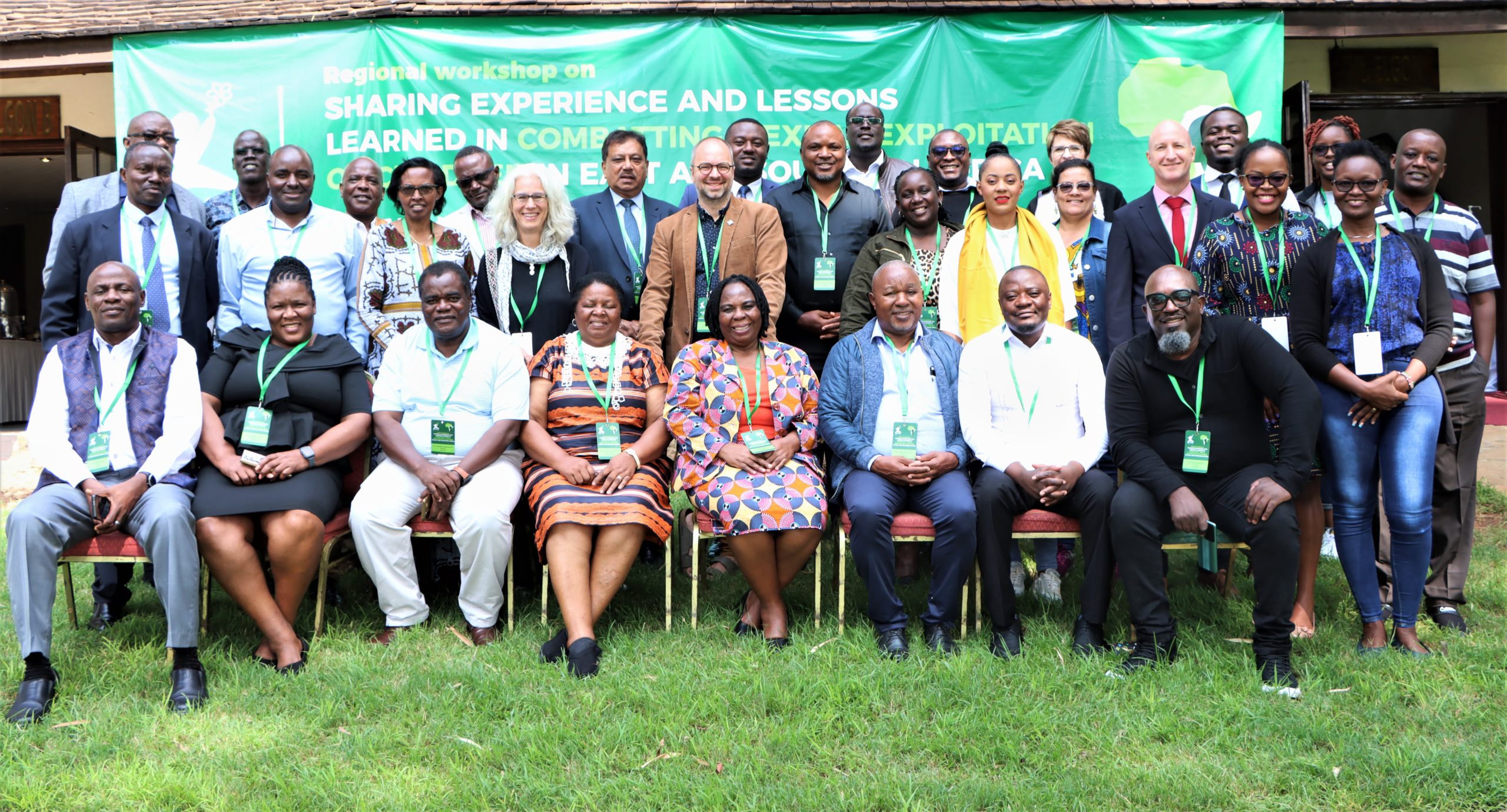
In May 2023, the Safari Park Hotel in Nairobi, Kenya, became the stage for a transformative event that united 84 participants from 32 countries, marking the first time many had met in person since the advent of COVID-19. The focus was clear: fortify the united front against the sexual exploitation of children (SEC) in Southern and Eastern Africa. What made this gathering truly special resulted from a meaningful shift in the approach to research, transitioning from international consultants to engaging local actors. This not only enriched the quality of actionable intelligence but also empowered these local experts to monitor the implementation of recommendations, enhancing their capacity to combat SEC in their regions.
The workshop’s distinctiveness was further amplified as the conversation moved beyond acknowledging SEC’s existence, focusing instead on proactive dialogue about effective solutions. The consensus indicated a need for comprehensive change, including police and legal reforms, budget commitments, and capacity building, particularly at the community and family levels. The involvement of community and technical agencies from neighbouring countries expanded the reach of our insights, challenging traditional methods and catalysing a re-evaluation of our approaches to prevent and respond to SEC, especially online. This extraordinary event has left a transformative imprint, serving as both a testament to our potential and a blueprint for our future collaborative efforts.
The Disrupting Harm (DH) findings illuminated the crucial role of research in shaping our battle against online child sexual exploitation (OCSEA), setting a clear path for translating this knowledge into effective actions. Progress made, such as Ethiopia’s pioneering formation of an Online Child Sexual Exploitation and Abuse working group, and Nairobi and Namibia’s successful integration of National DH Reports into strategic plans, reveal our collective commitment to a future where research-driven solutions create real-world change and give us hope for a transformative impact against SEC.
Our justice professionals from Kenya and Uganda highlighted the systemic challenges in our justice systems, creating a hopeful roadmap to surmount these obstacles and transform the justice experience for victims of SEC. Proposing a regional working group, they have ignited the promise of tailored, actionable steps to justice. Their unwavering commitment assures us that a future with accessible justice systems, sensitised to the nuances of SEC cases, is within our grasp, fostering fair representation and justice for all affected children.
Our discussions highlighted the imperative of viewing child safeguarding policies not just as administrative necessities, but as dynamic tools for shaping a secure environment for all children. Recognising the strength of existing practices within our network, we are also aware of the continuous need to evolve and reinforce them, with training and resources identified as key. We embrace our collective responsibility across our entire network, from the Central African Republic to South Africa, using our shared strengths to incorporate these policies into our daily efforts, transitioning from administrative tasks to an ingrained culture of child protection and well-being.
The workshop was a vibrant testament to the transformative potential of our diverse collaboration, with enriching discussions and a wealth of local knowledge accentuating the need for intensified cooperation among CSOs (Civil Society Organisations). Recognising our collective commitment to challenge the status quo, we see the importance of balancing national advocacy with localised solutions. Addressing social and gender norms fuelling SEC requires this integrated approach, integrating high-level policies and grassroots action. As we forge ahead, we aim to harness the workshop’s momentum to ensure a future free from child sexual exploitation.
Drawing on these outcomes, we envision a future where our collective action, driven by data and grassroots insights, dismantles the structures that enable SEC.
We see a future where the voices of children and survivors shape our justice systems, where we work towards broader reparative measures centred around child-friendly spaces. In this future, the traditionally marginalised, including those unable to read or write, will no longer be excluded. Through innovation and creativity, we will break down barriers of illiteracy, ensuring our messages and information reach all corners of our communities. Tools like drama, dance, music, and other forms of storytelling, will be central in our inclusive and accessible outreach efforts, ensuring every child is heard and protected.
In this future, we redefine concepts of justice, moving beyond formal systems to mechanisms that truly ‘offer justice’ to children, protecting their rights in overcrowded and under-resourced settings.
Moreover, this future is marked by a commitment to child safeguarding, turning policies into active tools of awareness and intervention, and by amplifying our advocacy efforts at local levels to drive tangible, community-focused solutions.
Our future is ambitious, but it is achievable if we embrace the following action points:
Taking heed of our participant’s end-of-day thoughts, we see an urgent call for holistic reforms, budget allocations, policy adjustments, and institutionalised services – all in the best interest of the child. As we build on this foundation, we must ensure children are fully supported throughout their journey within the justice system. The experience of survivors must be integral to our approach, transforming our institutions into child-friendly spaces.
A new narrative appears, one of unity, hope, and relentless action. It challenges us to continue our conversations, to share our best practices, and to collaborate in both formal and informal settings. We are the credible force against SEC, and together, we can turn our vision into reality.
Click here to read an In-Depth Event Review of the workshop.